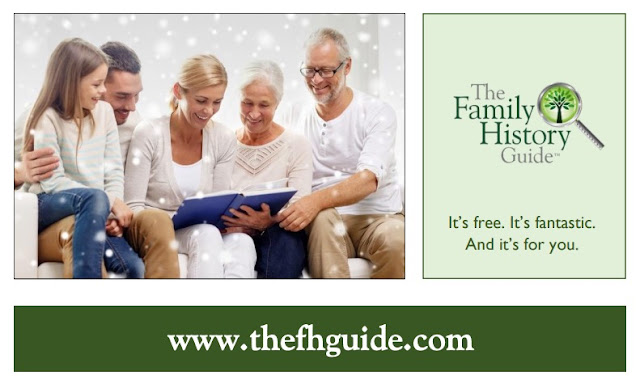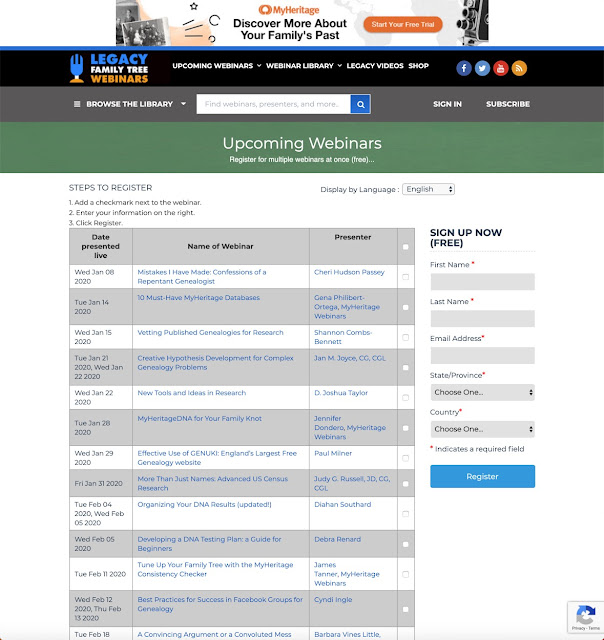Let's suppose, as I started to illustrate in a previous post entitled, "
What is a Genealogical Proof?", that you found the following record about one of your relatives.
This is an Arizona birth certificate. Does this document "prove" that Wallace Ove Tanner was born on August 12, 1924? What would it take to prove that he was actually born on that date? There are several reasons why this document is not conclusive of a birth date. An oral history account of the event would cast some doubt on its accuracy. How many more documents do we need to "prove" that he was born on the date recorded on the certificate? What if there was never any controversy over the supposed date?
In the legal law of evidence, the reliability of all evidence is divided up into several categories. As I discussed in my previous post, in court actions (trials and evidentiary hearings) there is always a burden of proof. Here is a pretty good summary of evidentiary concerns from
Wikipedia: Evidence (law).
The quantum of evidence is the amount of evidence needed; the quality of proof is how reliable such evidence should be considered. Important rules that govern admissibility concern hearsay, authentication, relevance, privilege, witnesses, opinions, expert testimony, identification and rules of physical evidence. There are various standards of evidence or standards showing how strong the evidence must be to meet the legal burden of proof in a given situation, ranging from reasonable suspicion to preponderance of the evidence, clear and convincing evidence, or beyond a reasonable doubt.
There are several types of evidence, depending on the form or source. Evidence governs the use of testimony (e.g., oral or written statements, such as an affidavit), exhibits (e.g., physical objects), documentary material, or demonstrative evidence, which are admissible (i.e., allowed to be considered by the trier of fact, such as jury) in a judicial or administrative proceeding (e.g., a court of law). (links omitted)
How would you evaluate the above birth certificate? I suspect that almost all genealogical researchers who had no legal training would immediately assume that the birth certificate was the final arbiter of the date of birth. Of course, at this point, you are going to ask whether or not there is any other "evidence" that the date is not correct? What if there is? What if there is not?
You could also take the position that a birth certificate is nice but not really necessary. We can always assume that any record that shows that a person lived implies a birth and so focusing or fixating on any one type of document is unnecessary and unproductive. In reality, any document that positively fixes a person to a date and a place is sufficient to imply birth.
At this juncture when considering the reliability of any particular document, the "traditional' genealogical approach is to start borrowing the "standards of evidence or proof" from the legal profession. I am sure there are genealogists who would automatically consider a birth certificate like the one above as "beyond a reasonable doubt." However, from my perspective as a lawyer, all historical documents are suspect and none of them individually fall into either the category of clear and convincing evidence or beyond a reasonable doubt. All we can really say about historical/genealogical documents is that they provide unsubstantiated information or raw information and each researcher has to draw their own opinions and conclusions.
Why do I take this position? None of the people named in the birth certificate are still alive. It is as simple as that. If I were presenting this document in a court of law as evidence, I would have to use either the "Government Document" or self-authenticating exception to the hearsay rule to get this document admitted into evidence. But even if the document is admitted into evidence, it still does not mean I can unqualifiedly represent as factual everything in the document. The hearsay rule still applies to the statements made in the document. The hearsay rules are fairly complicated and despite common usage of the term by laymen, hearsay is not something that a non-lawyer is likely to understand. In fact, there are quite a few practicing lawyers who apparently do not understand the evidentiary rules about hearsay. But that does mean that genealogists are restricted from considering historical records that are blatant hearsay? Absolutely not. There are no restrictions on the use of historical documents or records by historians and genealogists. If you don't like the conclusion I have drawn from the records I cite, then you can certainly write or post your own opinion.
Equally, the Government Document rule of evidence falls into the category of "self-authenticating" and that exception to the hearsay rule is just that, an exception. The rule does not mean the document is necessarily more valuable, factual or "true" in any sense of the word. It is considered just like any other evidence. The only advantage of the Government Document rule in court is that you do not have to authenticate the document with the same level of testimony as you would with other documents, hence the term "self-authenticating."
So why do genealogists cloak their opinions about the validity of historical documents or records in legal jargon? Good question. My perspective is that using legal jargon is a support for charging a fee for doing genealogical research. Can you prove anything with historical records? Yes, you can prove someone needs to pay for genealogical research. Are the continual references to quasi-legal evidentiary categories helpful in clarifying the basis for a professional opinion as to the usefulness or validity of any particular historical records? Not really.
Let's suppose I rely on the above birth certificate to establish the birthdate and place of the person named in the record. Let's further suppose that we find another government document in the form of the U.S. Social Security Death Index and that record also indicates a birth date of 12 August 1924. Does that additional record help substantiate the first record? Not at all. The deceased person may not have known his own birthdate and used the date on his birth certificate during his lifetime when asked for his birthdate. Is the SSDI record reliable for the date of death? Maybe. Are we worried that the person is not dead? Remember Rule Two of the Rules of Genealogy: "Absence of an obituary or death notice does not mean the person is still alive."
We don't prove history. We interpret and form opinions about history. We also extrapolate theories about the parts of history where no records exist. If genealogy is nothing more or less than a collection of opinions, some of which are dressed up in jargon, what is the use of becoming an expert in genealogical research? Simple. I am not saying that doing the research and reviewing and citing the historical record is not necessary, it just doesn't need to be dressed up in legal jargon. If I believe that, for a number of reasons, my father's birthday was August 12, 1924, and you disagree, then it is up to you to show me (and everyone else who might be interested) how you arrived at your opinion. If you simply decide that you don't believe the written documents and records but cannot support your conclusions with a cited reference or source, then I have no reason to change my own opinion. Let's suppose that you do find a journal or a record of an oral history that substantiates a different date. If I agree, I can change my own opinion. But there are no genealogical courts, no genealogical judges or juries, and in their absence, my opinion is just a valid as yours.
What if I think that your whole online family tree is fake and unreliable? So what? Are under some genealogical burden to correct all the mistakes and inaccuracies in the world. But wait. What about the situation where a supposed genealogist takes money for doing research and supplies an entirely imaginative pedigree? What if that situation ends up with a fraud claim in court? Then the law takes over and all the rules apply. Can you be punished for doing a poor job of research on your own pedigree and coming up with the wrong ancestry? Maybe that would be a good idea but then we would have to appoint some genealogy judges and organize some genealogical courts.
Now, once again we get to DNA. Isn't DNA a scientific way of proving relationships? Are the limits on the ability of DNA tests to establish a relationship? Sorry, but you will still have to wait until I decided to write some more about DNA. But I can say that DNA test results are pretty persuasive and I would be inclined to believe in their limited reliability. I am prepared to give examples.





























